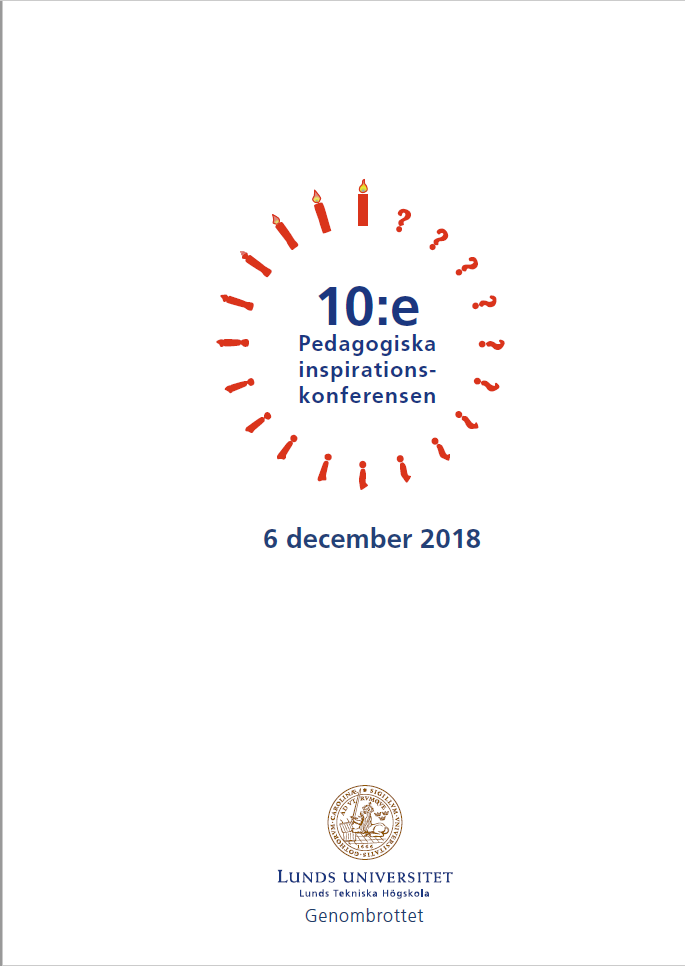A Self-Sustaining Model for Peer-to-Peer Engineering Education Among Children in Low Resource Environments
Nyckelord:
engineering education, Open Educational Resources, pre-collage programsAbstract
Engineering education among children has the potential to spark their interest in technical subjects, overcome gender imbalances within the field, and empower young people with the tools to make positive changes in their communities. However, it can be difficult to integrate into existing school curricula, especially when resources are constrained. Here I present a one-year case study conducted in Nepal where I formed a student-led electronics and programming club for children aged 10-16. The club model uses hands-on peer-to-peer teaching and open-source activity documentation. This approach allows the club to sustain itself and scale up without the need for ongoing teacher involvement. The documented club activities are low-cost, further lowering barriers for implementation. In total, over 100 hours of
activities were conducted. Today, the students independently run 3 hours of activities each week, teaching their peers basic programming, electronics, and engineering design concepts.
This model for student-driven hands-on learning could also be used in higher education to increase student motivation and interest in course material. As student led initiatives, the
activities would require minimal guidance from teaching staff after setup, while effectively complimenting typical lecture/lab course structures.


